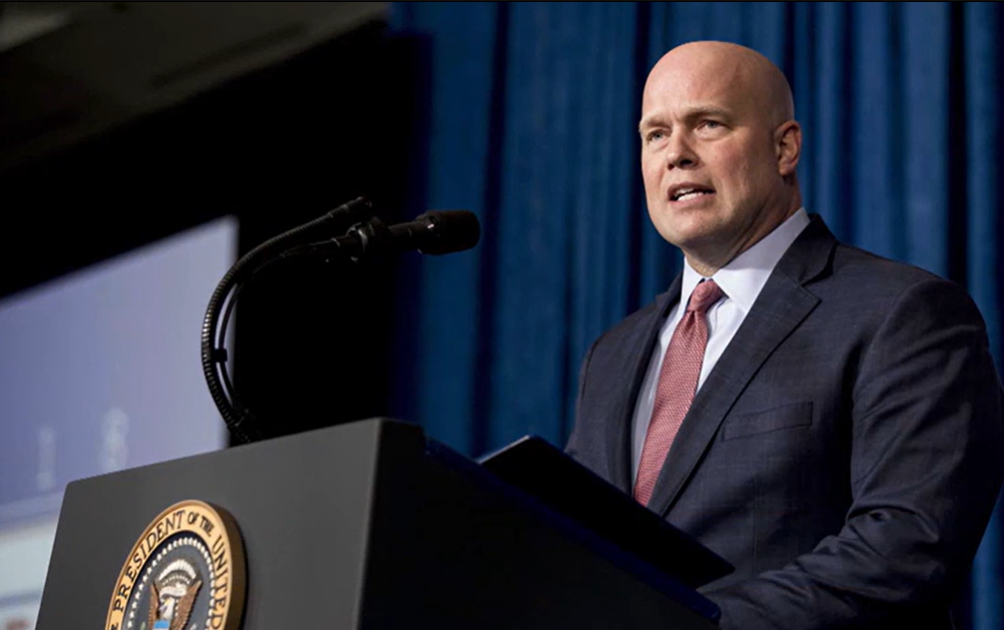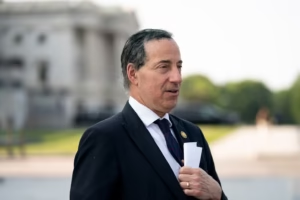The recent confirmation of Matthew Whitaker as the U.S. Ambassador to NATO has garnered significant attention, raising questions about its implications for America’s role in global security. This article aims to provide a comprehensive analysis of this development, ensuring readers gain a clear understanding of its key components.
Matthew Whitaker’s Confirmation as U.S. Ambassador to NATO
On April 1, 2025, the U.S. Senate confirmed Matthew Whitaker as the U.S. Ambassador to NATO with a 52-45 vote. Whitaker, who previously served as Acting Attorney General, was a somewhat unexpected nominee due to his limited experience in foreign policy and national security. Despite this, he has pledged to advocate for increased military spending among NATO members, aligning with the administration’s emphasis on equitable burden-sharing within the alliance.
Understanding NATO and the U.S. Ambassador’s Role
The North Atlantic Treaty Organization (NATO) is a military alliance established in 1949, comprising 30 member countries from North America and Europe. Its primary purpose is to ensure the freedom and security of its members through political and military means.
The U.S. Ambassador to NATO serves as the principal representative of the United States to the alliance, playing a crucial role in:
- Communicating U.S. policies and positions to other member nations.
- Negotiating and collaborating on collective defense strategies.
- Ensuring that U.S. interests are effectively represented in NATO’s decision-making processes.
This position is vital for maintaining strong relationships with allies and for the strategic planning and execution of joint military operations.
Implications of Whitaker’s Appointment on U.S. Foreign Policy
Whitaker’s appointment comes at a time when the U.S. administration has expressed skepticism about NATO’s mutual defense commitments. President Trump has previously questioned U.S. participation if member nations do not meet their defense spending obligations. Whitaker has assured the Senate of the administration’s unwavering commitment to NATO, aiming to alleviate apprehensions among European allies.
His role will be pivotal in addressing these concerns and reinforcing the U.S.’s dedication to collective defense. However, his lack of experience in foreign policy may pose challenges in navigating the complex dynamics of international diplomacy.
Senate Confirmation Process and Political Reactions
The confirmation process for Whitaker was marked by significant political discourse. Democratic Senator Cory Booker notably engaged in a prolonged filibuster, reflecting the broader debates surrounding Whitaker’s qualifications and the administration’s foreign policy direction. Despite these challenges, the Senate proceeded with the confirmation, highlighting the partisan divisions on this appointment.
Conclusion
The confirmation of Matthew Whitaker as the U.S. Ambassador to NATO introduces a new dynamic into the alliance’s leadership. His tenure will be closely observed for its impact on U.S.-NATO relations and the broader implications for global security. As the geopolitical landscape continues to evolve, the effectiveness of Whitaker’s diplomacy and leadership will be critical in shaping the future of international alliances.
[USnewsSphere.com / KCRG]





